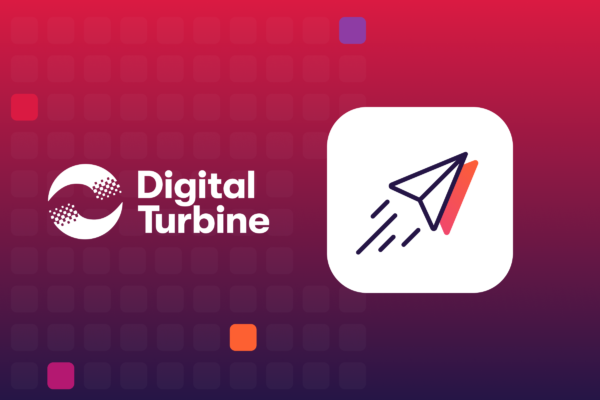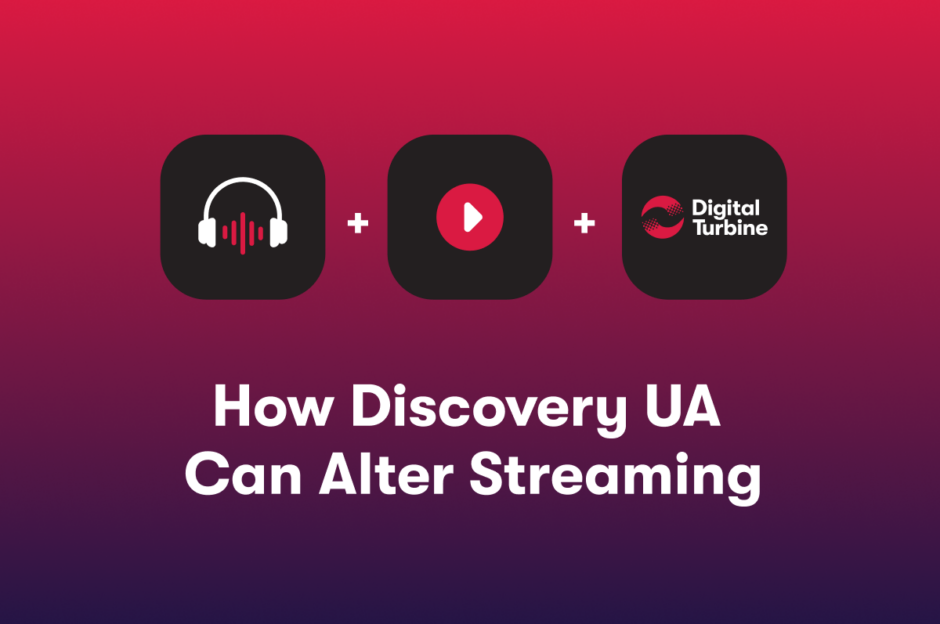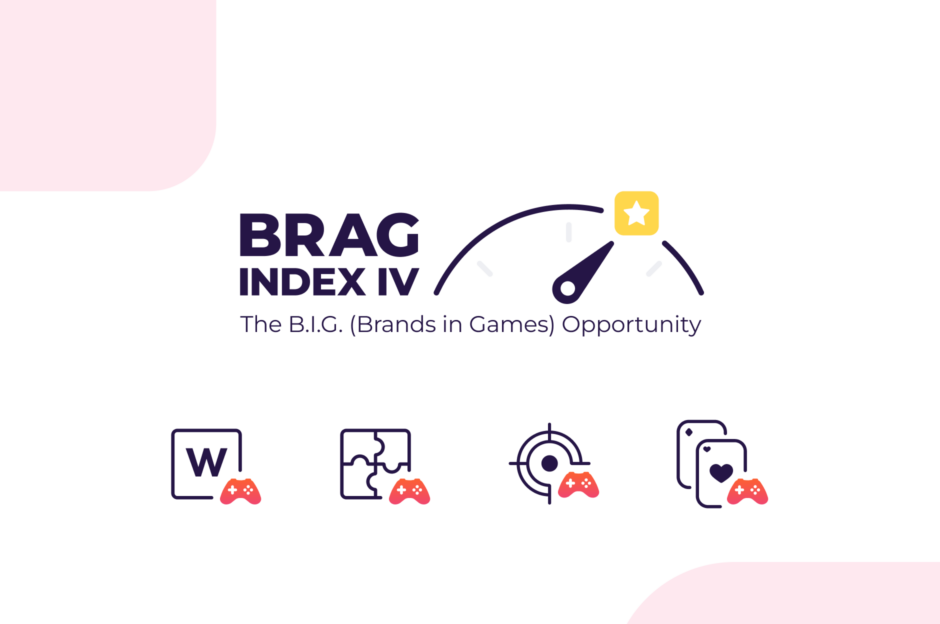7 High-Performance Secrets to Rev Up Your User Acquisition Strategy

Market Segmentation
A highly effective marketing strategy breaks its target market down into segments based on distinctive demographic factors. How you define your demographics depends largely upon what kind of problem your mobile app solves, and your target market. If you haven’t done it already, define a single persona that represents your target market. This persona will contain key demographic information such as age, gender, income, education, etc.
Using this persona as your starting point, develop at least three segments based on distinctive demographic details. You may have a target segment, for example, that likes cherry pie. This can be a defining demographic of that segment. Your strategy would then target this segment’s love of cherry pie to boost user acquisition. Once you have defined the personas for at least three segments within your target market, begin developing your user acquisition strategy. Monitor your strategy and tweak as you go until you attain optimal results!
App Store Optimization
App store optimization is a lot like SEO optimization for websites. Unlike SEO, however, there is no standard way to do the keyword research. In this case, you may have to take more of a trial-and-error approach that begins with performing app store keyword-based searches for apps most similar to your own. Be sure to take plenty of — you’ll need them.
Once you discover the keywords that work best, optimize your app by including at least three of those keywords in your app’s content — especially in your app’s name and its description, much like you would if you were writing an SEO-optimized blog post. Experiment with this until you get optimal results with searches for your app. Some tweaking may need to be done to improve your app store search rankings after your app is published.
Social Media
Social media marketing can be a highly effective part of your user acquisition strategy. When you publish your app, let people know about it on Facebook, Twitter, Instagram, Pinterest, and any other social media platform you have a presence on. Social media marketing requires a significant amount of engagement — the most effective social media marketing strategies involve frequent engagement of the app developer. The ROI is well worth the effort, especially since most social media provides you with a no-cost way to promote your app.
Email Campaigns
The lowly email is still the most effective marketing resource available — effective email campaigns still outperform virtually all other types of marketing campaigns. While it may not have the same allure as social media, email can be a source of high user acquisition.
Tailoring to mobile app user acquisition is as easy as writing compelling email copy with direct links to download the app. Incentivisation works well in email, too — offer an exclusive discount, or give users something in return for installing the app from your marketing email. If it’s a game, make it 500 gems or a free card deck. Make it something the prospective user will value.
Web to App
Apps built by developers who have established websites tend to do better than apps that don’t have a corresponding developer website. If you don’t have a website representing your app development, you may want to consider getting one. This will also help your marketing efforts by providing an additional channel through which you can market your app(s).
App Cross-Promotion
This may seem like a no-brainer to some developers, but new developers may overlook this important aspect of user acquisition. If you have an app that’s already published, update it with cross-promotional content that targets users of that app. When you can tap into users who are already using some of your apps, you’re tapping into a ‘warm’ market. They are already familiar with you and like your apps, so they will be much more likely to try something new from you over a similar app from a different developer.
Reviews
Finally, reviews can make or break an app. Having no reviews at all can be as bad as having bad reviews. In both cases, your app will get overlooked. Research how and when similar apps ask users to review them and update your app to ask users for reviews at appropriate times. Generally, you don’t want to ask for a user to review your app too soon — that can annoy users. Wait until they complete a task or complete a level (if it’s a game), or wait until the new user has been using it for a set period of time. With a high-quality app and well-timed review prompts, you can quickly obtain a lot of 4 and 5-star reviews.
Sign-Up
straight to your inbox.






